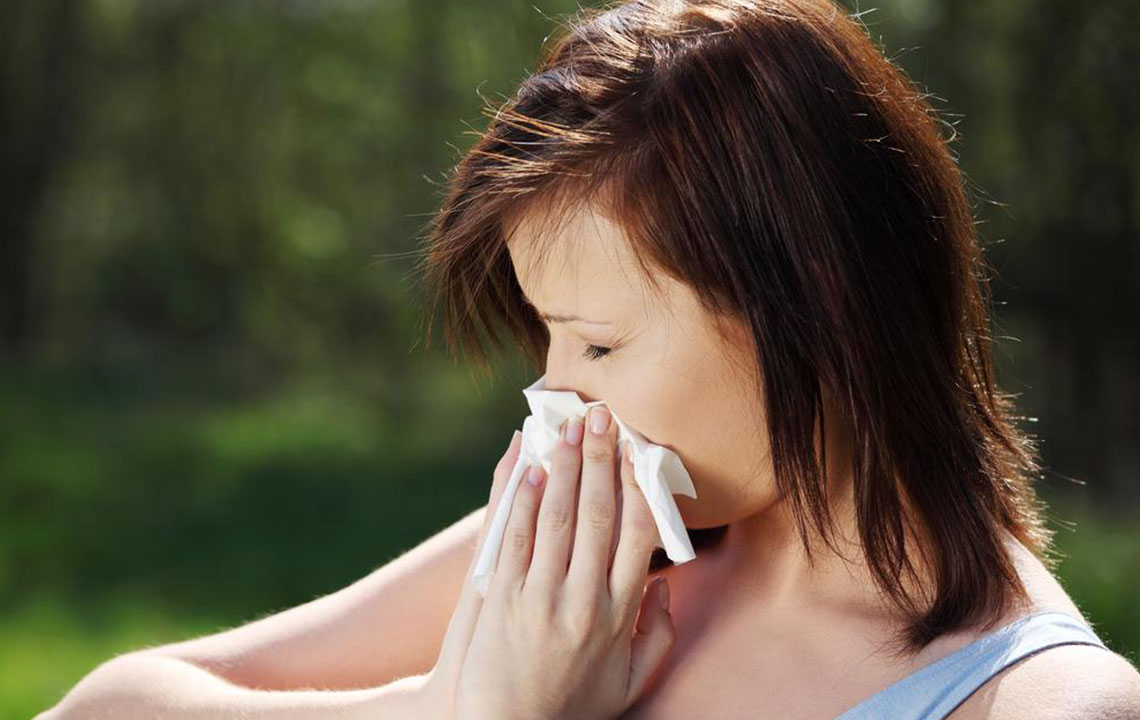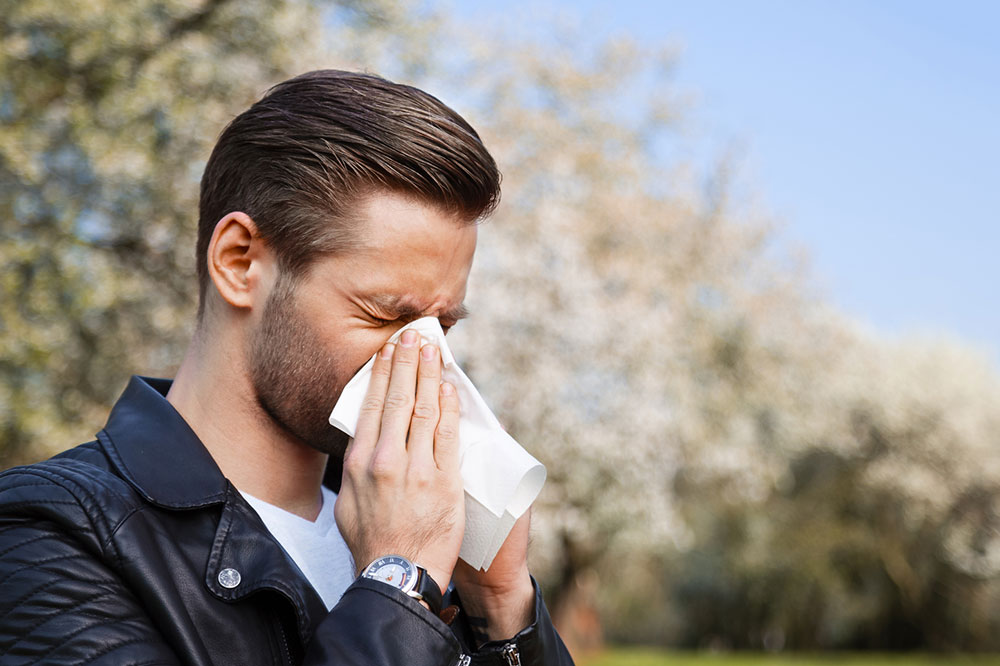A Comprehensive Guide to Allergies: Causes, Symptoms, and Treatments
This comprehensive guide explains allergies, their symptoms, types, and treatment options, including hay fever, pollen sensitivities, and asthma management. Learn how to identify allergy symptoms and seek appropriate care for effective relief.

Understanding Allergies: Causes, Symptoms, and Management
Allergies represent an immune system reaction to certain substances known as allergens, which can include foods, pollen, dust, and pet dander. These reactions often manifest through symptoms such as sneezing, nasal congestion, itchy eyes, and fatigue. According to the American Academy of Allergy, Asthma, and Immunology, roughly 8% of adults in the US experience some form of allergy. This article explores common questions about allergies, including hay fever, pollen sensitivities, and asthma-related allergic reactions.
Symptoms of Allergic Rhinitis
Also called hay fever, allergic rhinitis occurs as an immune response to allergens like pollen, dust mites, mold, or pet saliva.
Symptoms tend to worsen during seasonal changes, including a runny or congested nose, itchy eyes, sore throat, headaches, hives, and fatigue. Some individuals may develop a persistent cough lasting over a month.
Skin-related symptoms such as itching and blisters resembling eczema might also appear.
People with weaker immune systems could experience year-round allergy symptoms upon allergen exposure.
Diagnosing Allergic Rhinitis
Minor symptoms may only require a physical exam for diagnosis.
Skin prick tests involve placing small amounts of allergens on the skin to observe reactions; red bumps indicate allergy sensitivity.
Blood tests such as the RAST test measure allergen-specific immunoglobulin E antibodies.
Types of Pollen Allergies
Pollen allergies are seasonal and caused by plant pollen, resulting in coughs, sore throats, and runny noses. Common types include:
Oak Pollen Allergy: Symptoms include watery eyes and nasal congestion; compared to other tree pollens, oak pollen tends to cause milder reactions.
Ragweed Pollen Allergy: Predominant between late summer and fall, ragweed pollen can trigger reactions from August to October, persisting through mild winters.
Birch Pollen Allergy: A significant airborne allergen, birch pollen is produced in large quantities and can travel considerable distances, causing cough and allergy symptoms.
Managing Asthma-Related Allergic Reactions
Short-acting Bronchodilators: Fast-acting inhalers that alleviate symptoms by dilating airways, effective for 4-6 hours as rescue medication.
Inhaled Corticosteroids: Used if frequent inhaler use indicates uncontrolled asthma; these medications reduce airway inflammation.
Biologic Therapies: For severe cases, injectable treatments help prevent the immune cells from initiating inflammation, decreasing sensitivity to allergens and reducing symptoms.
Consult a healthcare professional for proper diagnosis and personalized treatment options if asthma symptoms are present.










